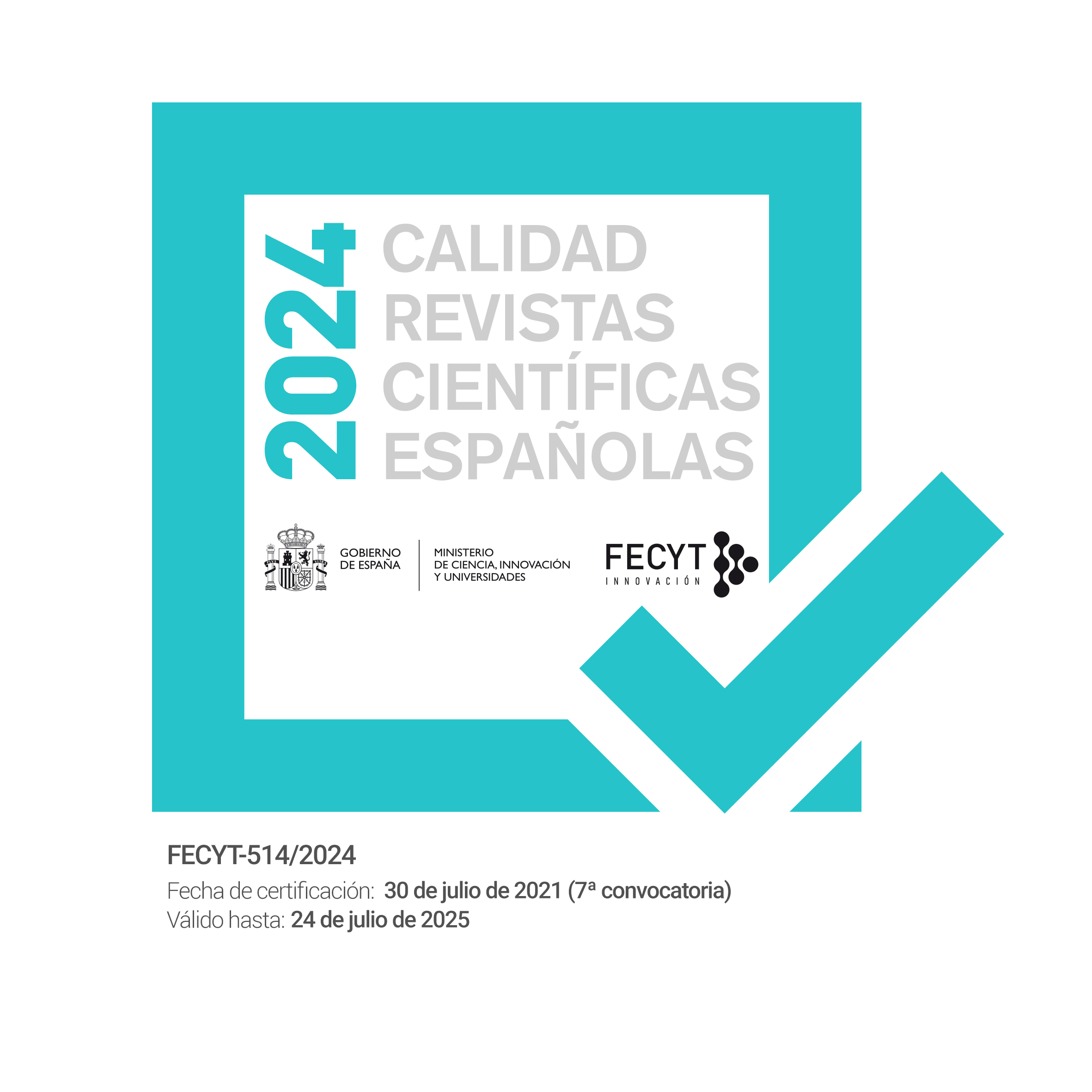POST-POSTMODERN CINEMA AT THE TURN OF THE MILLENNIUM: PAUL THOMAS ANDERSON’S MAGNOLIA (1999)
Keywords:
Magnolia; Paul Thomas Anderson; post-postmodern cinema; New Sincerity; French New Wave; Jean-Luc Godard; Vivre sa VieAbstract
Starting with an analysis of the significance of the French New Wave for postmodern cinema, this essay sets out to make a study of Paul Thomas Anderson’s Magnolia (1999) as the film that marks the beginning of what could be considered a paradigm shift in American cinema at the end of the 20th century. Building from the much-debated passing of postmodernism, this study focuses on several key postmodern aspects that take a different slant in this movie. The film points out the value of aspects that had lost their meaning within the fiction typical of postmodernism—such as the absence of causality; sincere honesty as opposed to destructive irony; or the loss of faith in Lyotardian meta-narratives. We shall look at the nature of the paradigm shift to link it to the desire to overcome postmodern values through a recovery of Romantic ideas.
Downloads
References
WORKS CITED
BENJAMIN, Paul. Squeeze Play. Avon Books, 1982.
BORDWELL, David. “Lessons from BABEL.” David Bordwell’s Website on Cinema. 27 November 2006, http://www.davidbordwell.net/blog/2006/11/27/lessons-from-babel/, accessed 13 January 2020.
––. Poetics of Cinema. Routledge, 2008.
CHAO, Shun-liang. “(Post)Modern Godard: Vivre sa vie”: Synoptique 9 May 2005. Accessed 23 August 2019.
EMERSON, Ralph W. Nature. In The Norton Anthology of American Literature, vol. 1. Edited by Nina Baim et al. Norton, 1998, pp. 1073-1101.
––. “Self-Reliance.” In The Norton Anthology of American Literature, vol. 1. Edited by Nina Baim et al. Norton, 1998, pp. 1126-1143.
FOLSOM, Ed. Foreword. “Section I, Song of Myself.” Whitmanweb, iwp.uiowa.edu/whitmanweb/en/writings/song-of-myself/section-1. Accessed 15 April 2020.
KELLY, Adam. “David Foster Wallace and the New Sincerity in American Fiction.” Consider David Foster Wallace: Critical Essays. Edited by David Hering. SSMG Press, 2010, pp. 131-46.
KUHN, Thomas. The Structure of Scientific Revolutions. University of Chicago Press, 1970.
LYOTARD, Jean-François. The Postmodern Condition: A Report on Knowledge. Translated by Geoff Bennington and Brian Massumi. Manchester University Press, 1986.
MACDOWELL, James. “Notes on Quirky.” Movie: A Journal of Film Criticism, vol. 1, 2010, pp. 1-16.
MANN, Aimee. “One.” Magnolia: Music from the Motion Picture, Warner Entertainment, 1999.
PIEPENBRING, Dan. “When David Foster Wallace Taught Paul Thomas Anderson.” The Paris Review, 5 Jan. 2015. www.theparisreview.org/blog/2015/01/06/when-david-foster-wallace-taught-paul-thomas-anderson/, Accessed 15 February 2020.
SCONCE, Jeffrey. “Irony, Nihilism and the New American ‘smart’ Film.” Screen, vol. 43, no. 4, 2002, pp. 349-369.
SONTAG, Susan. “Godard’s Vivre sa vie.” Against Interpretation and Other Essays. Penguin, 2013, pp. 219-232.
SPERB, Jason. Blossoms and Blood: Postmodern Media Culture and the Films of Paul Thomas Anderson. University of Texas Press, 2013.
VERMEULEN, Timotheus, and Robin van den Akker. “Notes on Metamodernism.” Journal of Aesthetics & Culture, vol. 2.0, 2010, https://www.tandfonline.com/doi/full/10.3402/jac.v2i0.5677?scroll=top&needAccess=true. Accessed 12 January 2020.
WALLACE, David F. “E Unibus Pluram: Television and US Fiction.” Review of Contemporary Fiction, vol. 13, no. 2, 1993, pp. 151-194.
––. Infinite Jest. Back Bay Books, 2006.
WITTGENSTEIN, Ludwig. Tractatus Logico-Philosophicus. The Edinburgh Press, 1922.
WOLFE, Tom. “Stalking the Billion-Footed Beast.” Harper’s Magazine, 279, 1989, pp. 45-56.
FILMS CITED
Fragmente einer Chronologie des Zufalls. Directed by Michael Haneke, ZDF, 1994.
Adieu au langage. Directed by Jean-Luc Godard, Wild Bunch, 2014.
Babel. Directed by Alejandro González Iñárritu, Paramount Pictures, 2006.
Le livre d’image. Directed by Jean-Luc Godard, Casa Azul Films and Ecran Noir Productions, 2018.
Magnolia. Directed by Paul T. Anderson, New Line Cinema, 1999.
Nashville. Directed by Robert Altman, Paramount Pictures, 1975.
Pulp Fiction. Quentin Tarantino, Miramax, 1994.
Safe. Direcred by Todd Haynes, American Playhouse Theatrical Films, 1995.
Short Cuts. Directed by Robert Altman, Fine Line Features, 1993.
Smoke. Wayne Wang, Miramax, 1995.
Thirteen Conversations about One Thing. Directed by Jill Sprecher, Stonelock Pictures, 2001.
Vivre sa vie: film en douze tableaux. Directed by Jean-Luc Godard, Les Films de la Pléiade and Pathé Consortium Cinéma, 1962.















